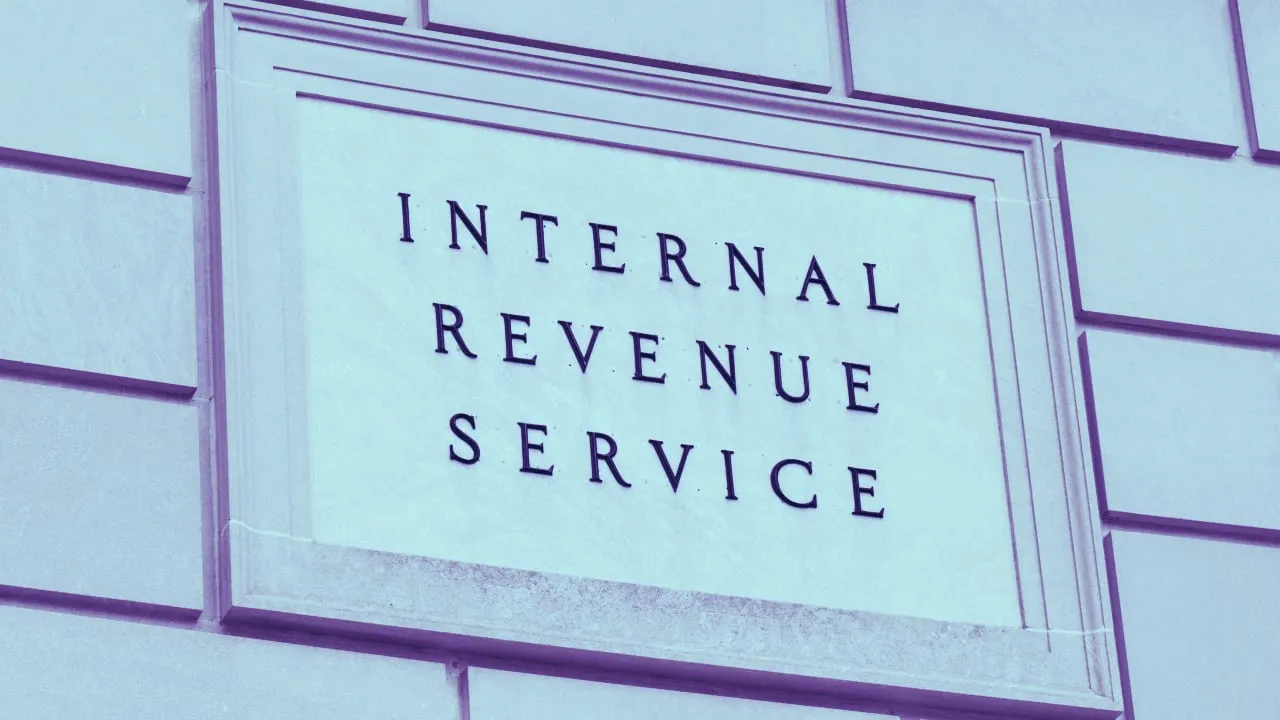In brief
- A new draft of Form 1040 specifies that the IRS cares less about crypto holdings than about transactions.
- Airdrops from hard forks, for example, are taxable, while transfers between personal wallets don’t need to be disclosed.
- But the IRS’ crypto question isn’t totally unambiguous: transactions through pass-through entities may still merit checking the “yes” box.
In the latest draft of its mandatory form for personal income tax, the United States Internal Revenue Service has clarified crucial language about which cryptocurrency holdings and transactions need to be disclosed, and which do not.
According to the new Form 1040 draft, which the IRS released on Friday, if you only held crypto, but did not trade it, you can safely check the “no” box next to the form’s primary crypto question: At any time during 2020, did you receive, sell, send, exchange, or otherwise acquire any financial interest in any virtual currency?
So if all you did this year was sit on your crypto or transfer it between your own wallets without selling for fiat, you’re in the clear.
BREAKING:
According to draft instructions released by the IRS on Oct 23rd, If you just held crypto on a wallet/account and/or transferred crypto between wallets/accounts you own during 2020, you do NOT have to disclose this to the IRS by checking "yes" 👇 #cryptotaxes pic.twitter.com/WIij2wwUVf
— Shehan Chandrasekera, CPA 🧗♀️|🇱🇷|🇱🇰 (@TheCryptoCPA) October 25, 2020
Still unsure? The updated guidelines provide specific examples of cases that fall under the general heading of receiving, selling, sending, and exchanging crypto. Airdrops from hard forks, such as September’s Uniswap airdrop, are taxable events. As are exchanging crypto for goods, services or “for other property, including for another virtual currency.”
And what constitutes sending between your wallets? ”Transfer between wallets means transferring funds in and out of exchanges for admin purposes,” Shehan Chandrasekara, Head of Tax Strategy at crypto accountancy software company CoinTracker, told Decrypt.
But crypto wallets are anonymous, right? Alphanumeric strings. Say you “lost your keys” to the account that you just sold 1,000 Bitcoin to, and are trying to pass it off as a transfer instead of a sale.
Said Chandrasekara: “The US has a voluntary tax system. You are expected to report income correctly by default. If you are audited, then you'll have to substantiate. In this case, you'll have to prove that you actually lost the keys.”
Last tax year, the question about virtual currency only appeared on Schedule 1 of the Form 1040, which US taxpayers have to request separately.
This year, the IRS put the issue of virtual currency front and center on the tax form by relocating it to the first page of Form 1040, which means that everyone, not just Schedule 1 filers, will have to confront the question.
“I don't think this indicates any new approach,” he told Decrypt today. “The IRS is merely providing more clarity on how to answer this question. It shows that the IRS really cares about transactions that affect your tax bill. At least for now, the IRS doesn't seem to care about your holdings. You aren't required to disclose them anywhere unless you have a taxable transaction.”
Notably, though, the new clarifications don’t explain what exactly the IRS means, in its crypto question, by the phrase “financial interest,” the scope of which may be broader than it seems.
In a Forbes article earlier this year, Chandrasekara suggested that owning crypto through a pass-through entity (this could apply to, say, stakeholders in a crypto-generating business) might qualify as acquisition of “financial interest.”
In these cases, writes Chandrasekara, “as a conservative taxpayer, it would not hurt to check “yes”.
With the crypto question on the front page of the tax form, there’s no excuse. “This is not the time to play around,” Chandrasekara told Decrypt earlier this month.

